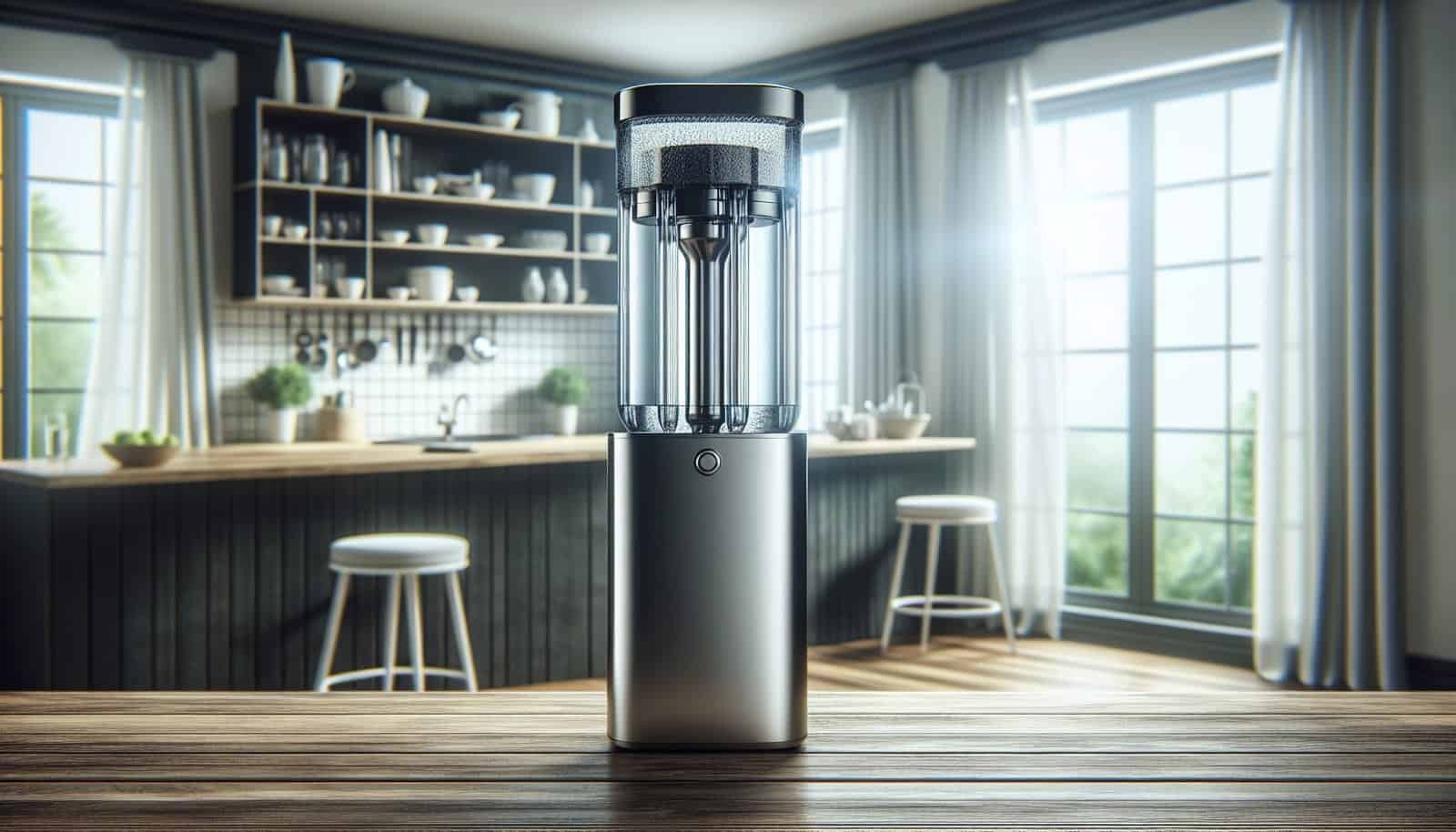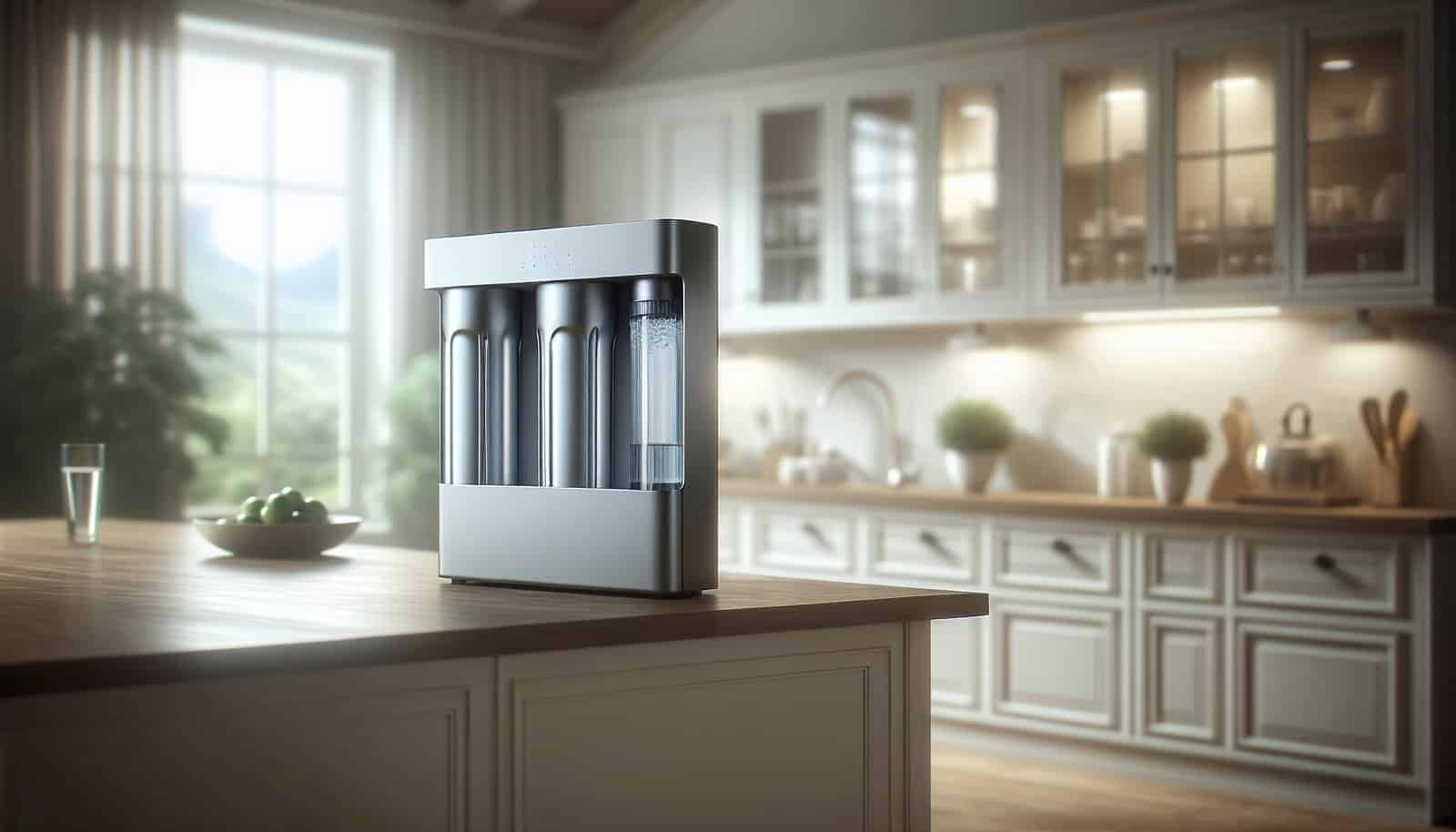Have you ever wondered what filtration system works best for your well water? Ensuring that your water is clean and safe to use is essential, especially when it originates from a well. Understanding the various filtration systems available can help you make the right choice for your home.
Understanding Well Water
Well water comes from an underground source and can contain various contaminants depending on your location and the surrounding environment. These contaminants may include bacteria, viruses, heavy metals, and other harmful substances. The quality of well water can be affected by natural and man-made factors, making it crucial to test your water regularly and choose the right filtration system.
Common Contaminants in Well Water
Before diving into filtration systems, it’s essential to identify the common contaminants that might be present in your well water. Some of these include:
- Microorganisms – Bacteria, viruses, and parasites.
- Heavy Metals – Lead, arsenic, and mercury.
- Chemicals – Pesticides, herbicides, and fertilizers.
- Minerals – Iron, manganese, and calcium.
- Sediments – Sand, silt, and clay particles.
Understanding these contaminants will help you choose a suitable filtration system to address specific concerns.

Types of Well Water Filtration Systems
With a variety of filtration systems available, it’s essential to match a system to your specific needs. Here’s a breakdown of popular systems you might consider:
Sediment Filters
Sediment filters are often the first line of defense in filtering well water. They are designed to remove large particles such as sand, silt, and clay, extending the life of other filtration components.
Carbon Filters
Carbon filters are effective at removing chlorine, pesticides, herbicides, and other organic chemicals. They can also improve the taste and odor of your water, making it more pleasant to drink and use.
Reverse Osmosis Systems
Reverse osmosis (RO) systems use a semi-permeable membrane to remove a wide range of contaminants, including heavy metals, microorganisms, and dissolved solids. RO systems are known for producing very clean water, ideal for drinking and cooking.
UV Purification Systems
Ultraviolet (UV) purification systems utilize UV light to effectively kill bacteria, viruses, and other microorganisms. These systems are excellent for ensuring microbiologically safe water.
Iron and Manganese Removal Systems
If your well water has high levels of iron and manganese, specialized systems can help. These often use oxidation and filtration processes to remove these specific minerals, preventing stains and unpleasant tastes.
Water Softeners
Water softeners are perfect for wells with hard water, which can contain high levels of calcium and magnesium. By exchanging these minerals with sodium or potassium, water softeners help extend the lifespan of your appliances and improve cleaning efficiency.

Choosing the Right Filtration System
Selecting the right filtration system depends on several factors such as the specific contaminants in your well water, your budget, and maintenance considerations.
Test Your Water
Before choosing a system, conduct a water test to identify the contaminants present in your well. Home testing kits are available, or you can hire a professional service for a more comprehensive analysis.
Determine Your Filtration Needs
Identify which contaminants need the most urgent attention. This prioritization will guide you in choosing the type of filtration required, whether it’s sediment removal, microbial purification, or softening.
Consider the Total Cost
While some systems might be more expensive than others, consider both the initial cost and maintenance expenses. This includes filter replacement frequency and possibly higher utility bills with systems like reverse osmosis.
Evaluate Maintenance Requirements
Different systems require varying levels of maintenance. Some need regular filter changes, while others, like UV systems, might require periodic bulb replacements. Consider the time and effort you’re willing to dedicate to maintaining your filtration system.
Professional vs. DIY Installation
Some systems can be installed on your own with basic plumbing skills, while others may require professional installation. Evaluate your comfort level with plumbing tasks to decide the best approach.

Comparing Filtration Systems
To help make your decision easier, here is a comparison table of the most common filtration systems:
| System | Contaminants Removed | Average Cost | Maintenance Complexity | Lifespan |
|---|---|---|---|---|
| Sediment Filters | Sand, silt, and clay | Low | Low | 6 months – 1 year |
| Carbon Filters | Chlorine, pesticides, organic chemicals | Moderate | Moderate | 6 months – 1 year |
| Reverse Osmosis | Heavy metals, microorganisms, solids | High | High | 1-2 years |
| UV Purification | Bacteria, viruses | High | Moderate | 1 year |
| Iron/Manganese Removal | Iron, manganese | Moderate to High | Moderate | 1-3 years |
| Water Softeners | Calcium, magnesium | Moderate | Moderate | 10-15 years |

Installation and Maintenance Tips
Installing Your Filtration System
Proper installation is crucial for the effective operation of your filtration system. Here are some tips:
- Read the Manual: Follow the manufacturer’s instructions carefully.
- Choose the Right Location: Install the system in an accessible place for maintenance.
- Check Plumbing Connections: Ensure all connections are secure to prevent leaks.
Maintaining Your Filtration System
Regular maintenance is essential to keep your filtration system working efficiently:
- Change Filters Regularly: Follow the recommended schedule for changing filters.
- Monitor Water Quality: Conduct periodic water tests to ensure your system is working as expected.
- Inspect for Leaks: Regularly check for any signs of leaks or damage in your system.

Conclusion
Choosing the best filtration system for your well water is a crucial step towards ensuring safe and clean water for your home. By understanding the specific contaminants in your water and evaluating your needs, you can select the best system that offers the right balance of performance, cost, and maintenance. Remember, regular testing and maintenance will keep your system efficient and your water quality high, offering peace of mind and protecting your family’s health.
